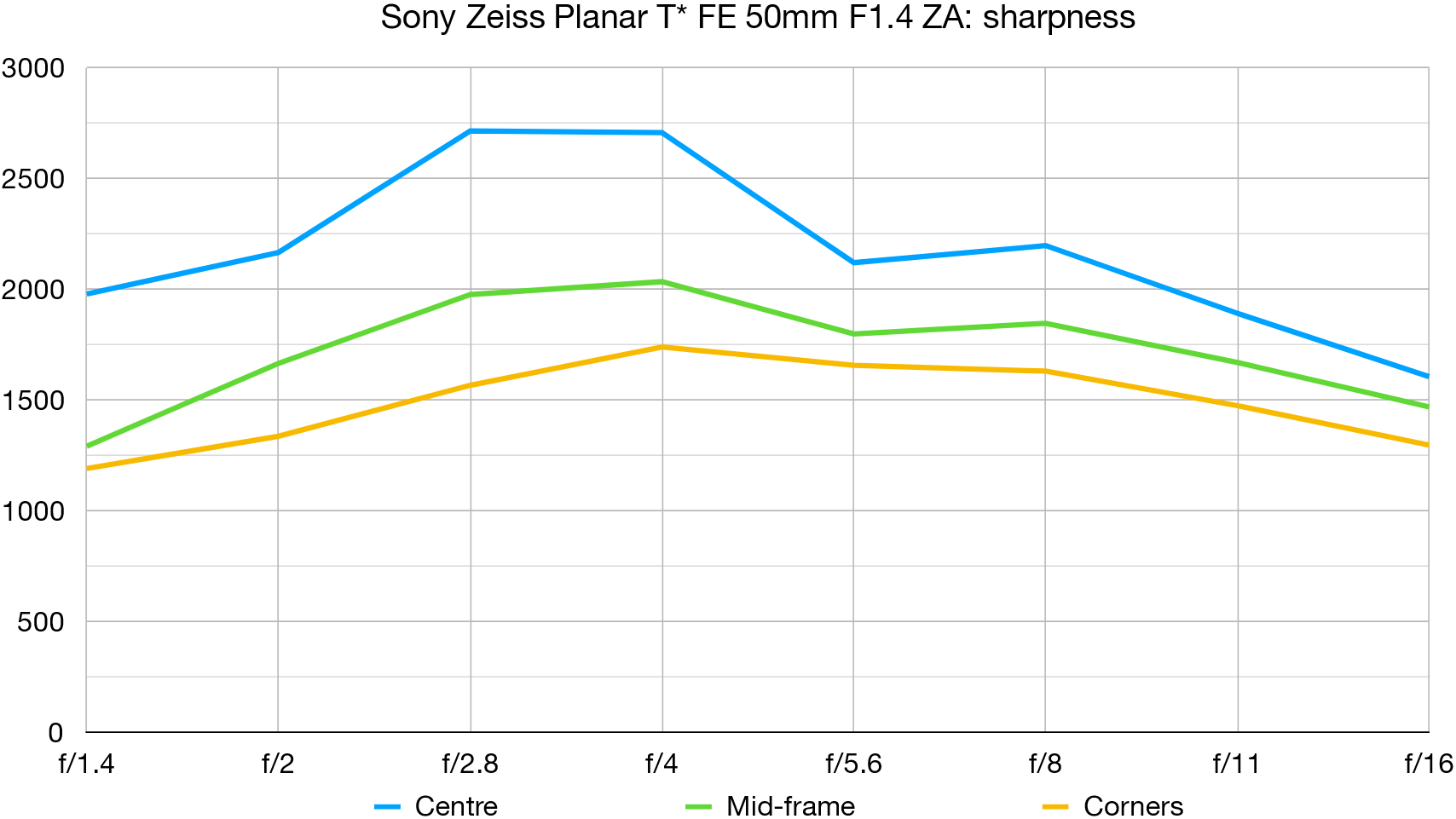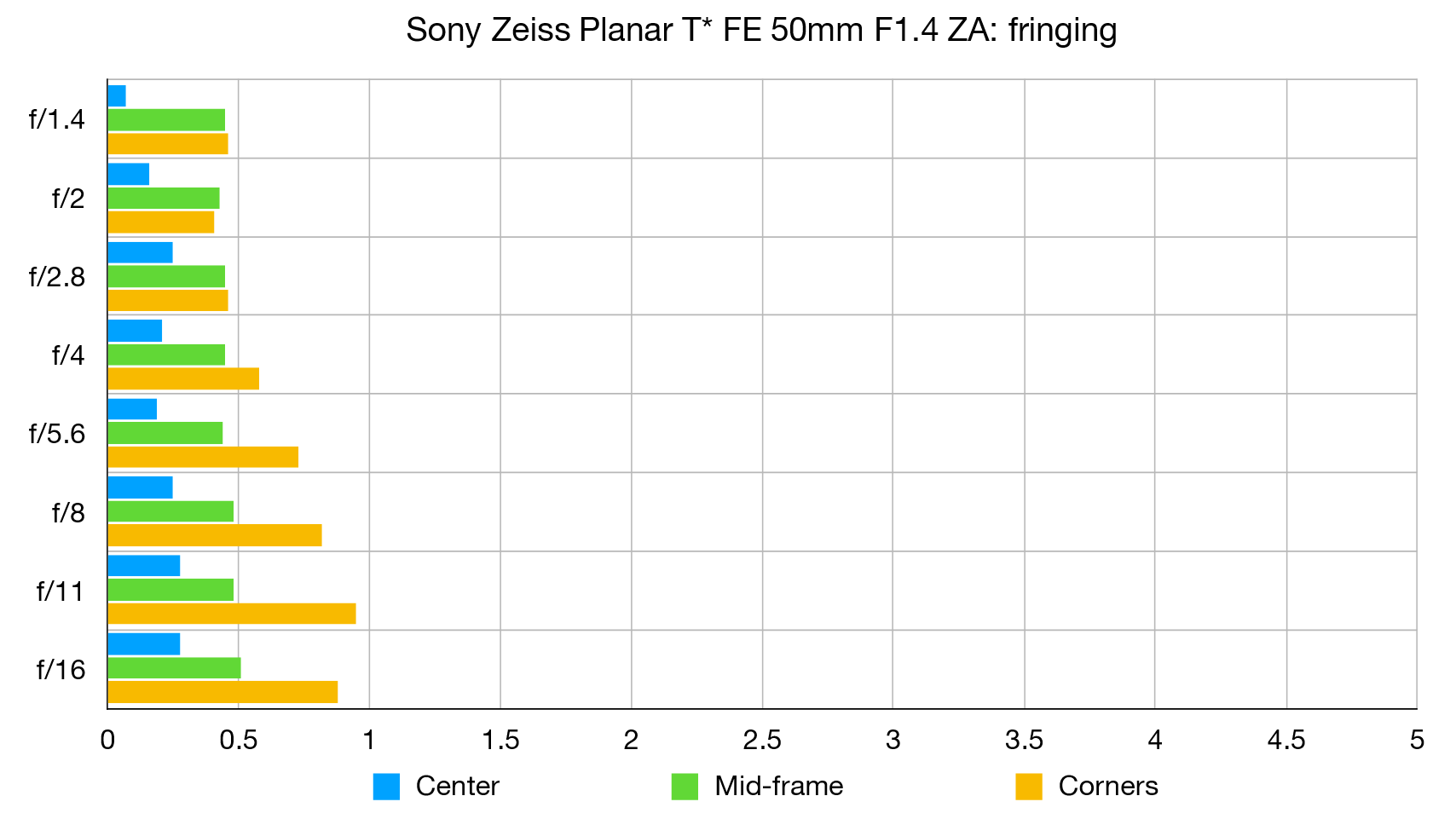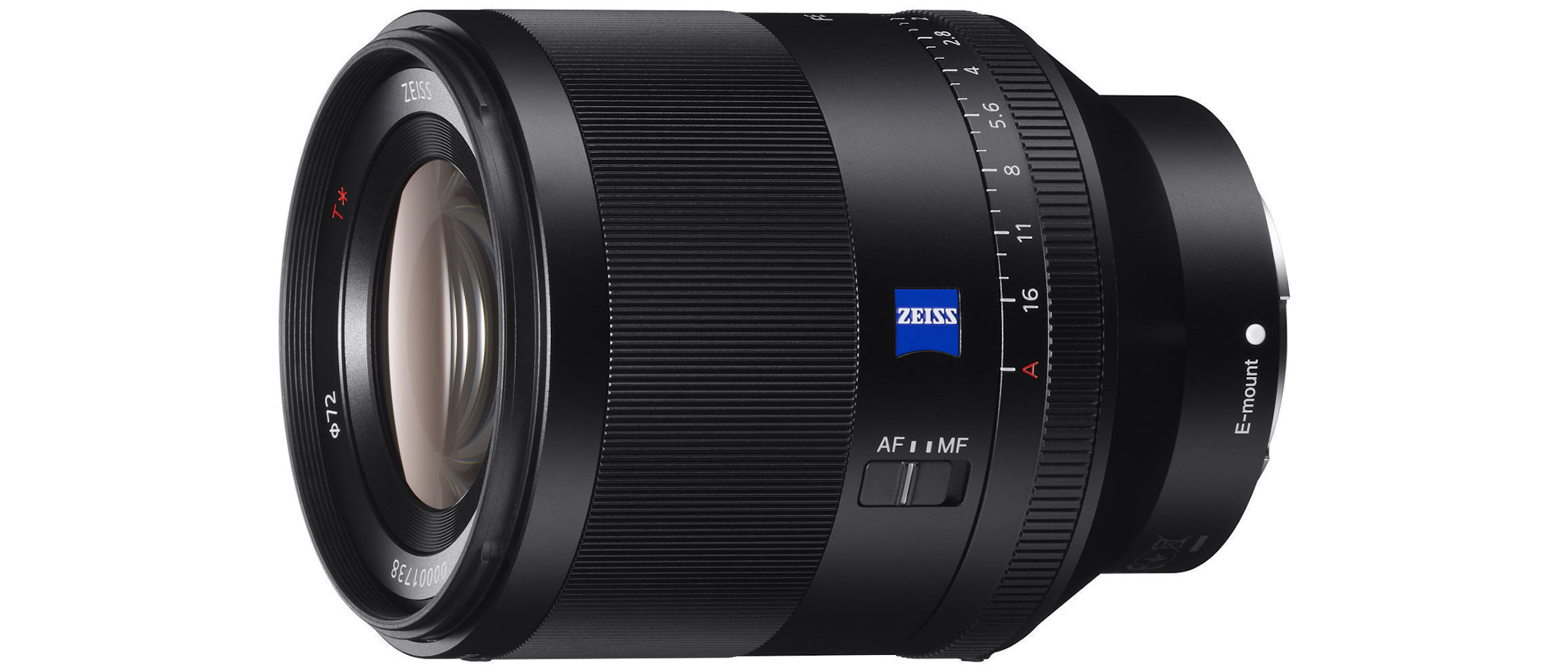Digital Camera World Verdict
If big is beautiful then this lens is a stunner. It’s a bit of a monster for a 50mm f/1.4, basically the same size and weight of Sony’s range-topping FE 50mm f/1.2 G Master lens despite having a narrower aperture rating. Despite its size and weight, however, it’s a class act through and through, with epic build quality, refined handling and sumptuous image quality. All in all, it more than justifies its up-market price tag.
Pros
- +
Beautiful image quality
- +
Refined handling
- +
Excellent build quality
Cons
- -
Big and bulky
- -
No AF-hold button
- -
Expensive to buy
Why you can trust Digital Camera World
The Sony Zeiss Planar T* FE 50mm F1.4 ZA is near the top rung of the ladder. There are various own-brand Sony 50mm lenses to choose from on the way up, from the low-budget FE 50mm f/1.8, through the FE 50mm f/2.5 G and FE 50mm f/2.8 Macro to the range-topping FE 50mm f/1.2 G Master. This one is about three quarters of the price of the top-notch lens, and well worth the saving if you feel that an f/1.4 is fast enough.
Specifications
Mount: Sony E (FE)
Full frame: Yes
Autofocus: Yes
Stabilization: No
Lens construction: 12 elements in 9 groups
Angle of view: 47 degrees
Diaphragm blades: 11
Minimum aperture: f/16
Minimum focusing distance: 0.45m
Maximum magnification ratio: 0.15x
Filter size: 72mm
Dimensions: 84x108mm
Weight: 780g
Key features
A key feature of this lens is that it’s designed around the legendary Zeiss Planar concept, which has certainly stood the test of time. The optical path itself includes one AA (Advanced Aspherical) element, a further aspherical element and one ED (Extra-low Dispersion) element, all of which aim to enhance overall image quality. Zeiss’s similarly legendary T* coating is applied to minimize ghosting and flare.
To maintain the quality of bokeh when stopping down a little, the lens features no less than 11 diaphragm blades, which produce a particularly well rounded aperture. The aperture can naturally be controlled from the camera in all PASM modes but the lens also has a physical aperture control ring, complete with a de-click facility. Switches are on hand for both aperture click on/off and auto/manual focusing.
Autofocus is driven by a ring-type ultrasonic motor which is fast and whisper-quiet, along with the usual full-time manual override. Both of the focus and aperture rings are very tactile and operate with excellent precision. As you’d expect from a lens at this price, it features extensive weather-seals.
Performance
Center-sharpness, contrast and color fidelity are exceptional, even when shooting wide-open at f/1.4, although sharpness drops off away from the very central region of the image frame. Both lateral and axial chromatic aberrations are very minimal the latter often being problematic with ‘fast’ (wide-aperture) lenses.
The quality of bokeh is very smooth and creamy, which is often equally important as sharpness, arguably even more so for this type of lens in portraiture and still life photography.
Lab results
We run a range of lab tests under controlled conditions, using the Imatest Master testing suite. Photos of test charts are taken across the range of apertures and zooms (where available), then analyzed for sharpness, distortion and chromatic aberrations.
We use Imatest SFR (spatial frequency response) charts and analysis software to plot lens resolution at the center of the image frame, corners and mid-point distances, across the range of aperture settings and, with zoom lenses, at four different focal lengths. The tests also measure distortion and color fringing (chromatic aberration).
Sharpness:

Although the tight central region of the frame retains excellent sharpness at f/1.4, there’s a noticeable drop-off in the mid/edge region. The middle region picks up well at f/2, the edges at f/2.8. Edge-sharpness starts to drop off again at f/11.
Fringing:

Color fringing is extremely minimal through most of the aperture range, only becoming slightly noticeable towards the corners of the image frame at narrow apertures. Automatic in-camera correction is available.
Distortion: 0.66
The very minor degree of pincushion distortion is usually impossible to spot and shouldn’t be any cause for concern, even without using in-camera correction.
Verdict
If big is beautiful then this lens is a stunner. It’s a bit of a monster for a 50mm f/1.4, basically the same size and weight of Sony’s range-topping FE 50mm f/1.2 G Master lens despite having a narrower aperture rating. Despite its size and weight, however, it’s a class act through and through, with epic build quality, refined handling and sumptuous image quality. All in all, it more than justifies its up-market price tag.
Read more:
• Best camera lenses to get
• Best Canon lenses
• Best Nikon lenses
• Best Sony lenses
Matthew Richards is a photographer and journalist who has spent years using and reviewing all manner of photo gear. He is Digital Camera World's principal lens reviewer – and has tested more primes and zooms than most people have had hot dinners!
His expertise with equipment doesn’t end there, though. He is also an encyclopedia when it comes to all manner of cameras, camera holsters and bags, flashguns, tripods and heads, printers, papers and inks, and just about anything imaging-related.
In an earlier life he was a broadcast engineer at the BBC, as well as a former editor of PC Guide.



